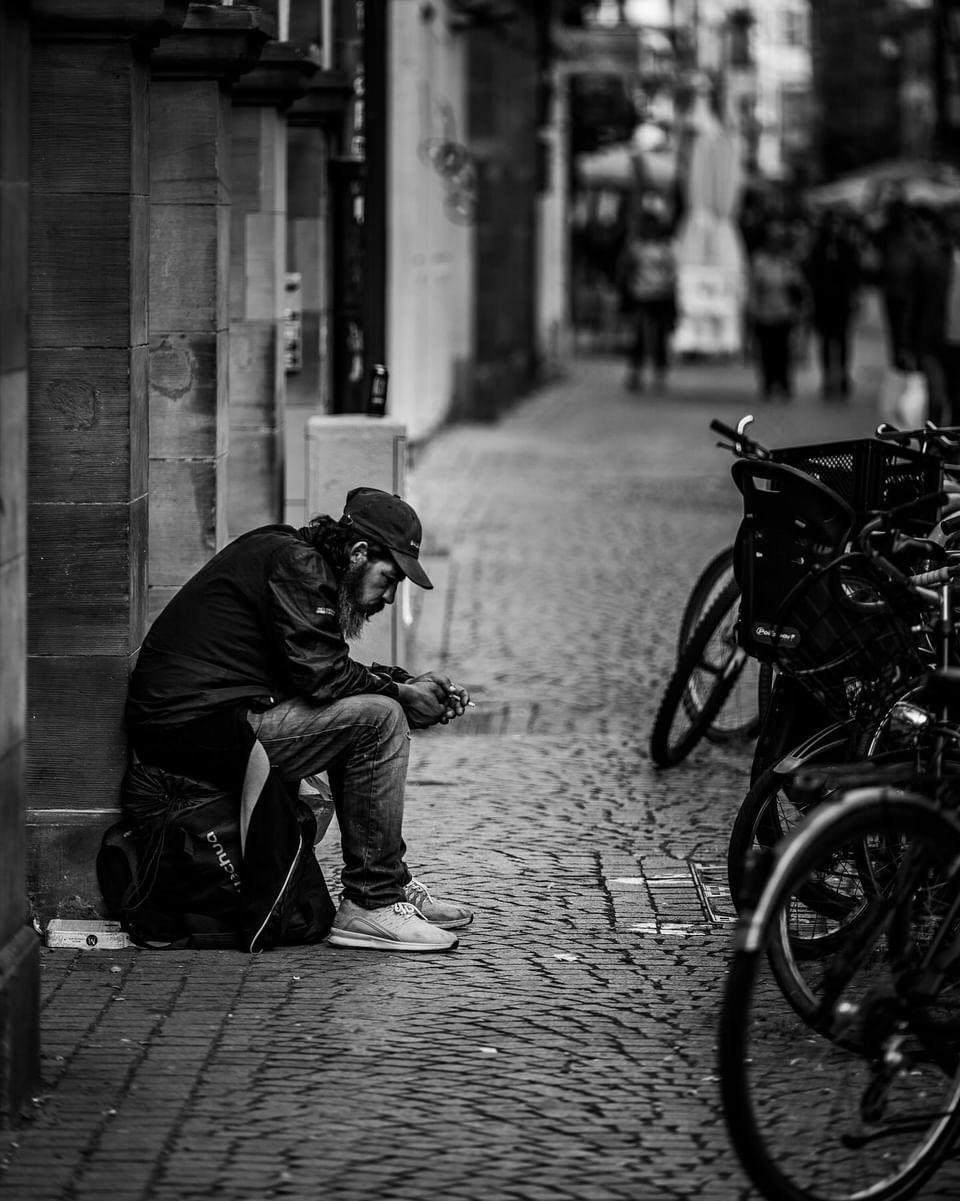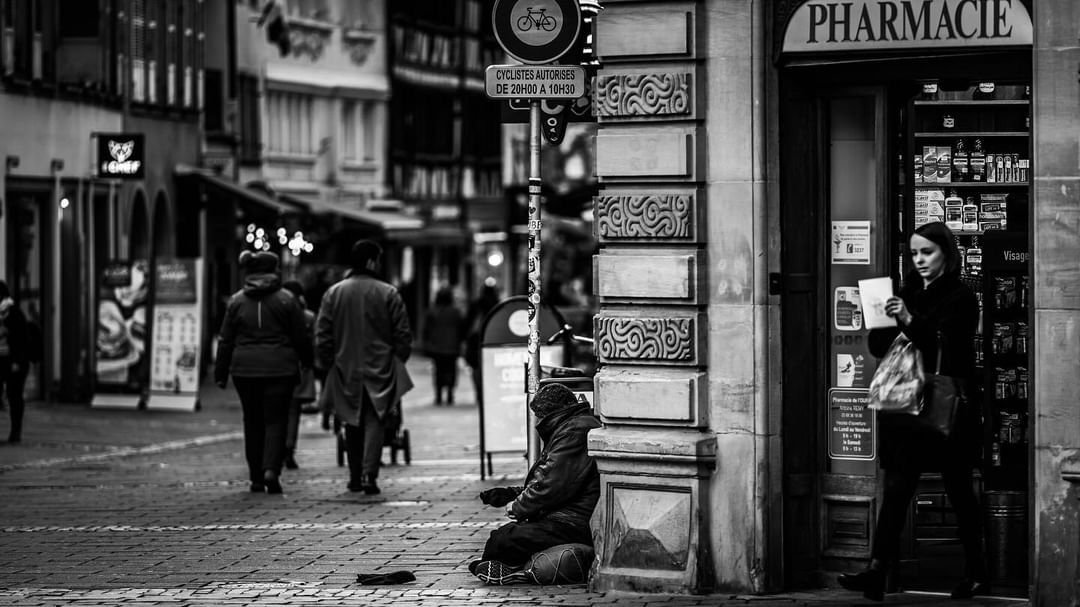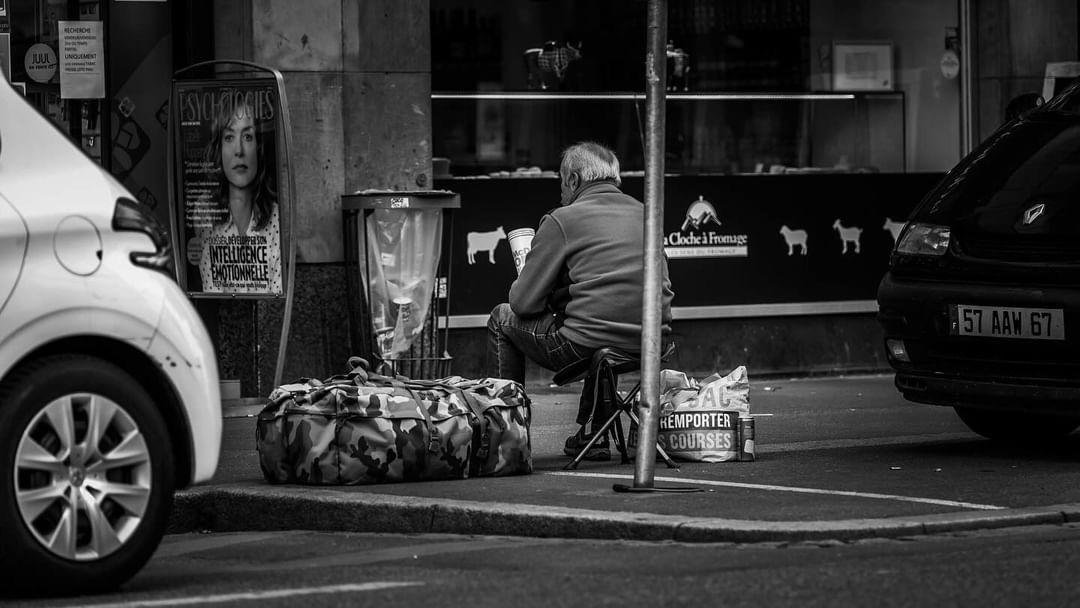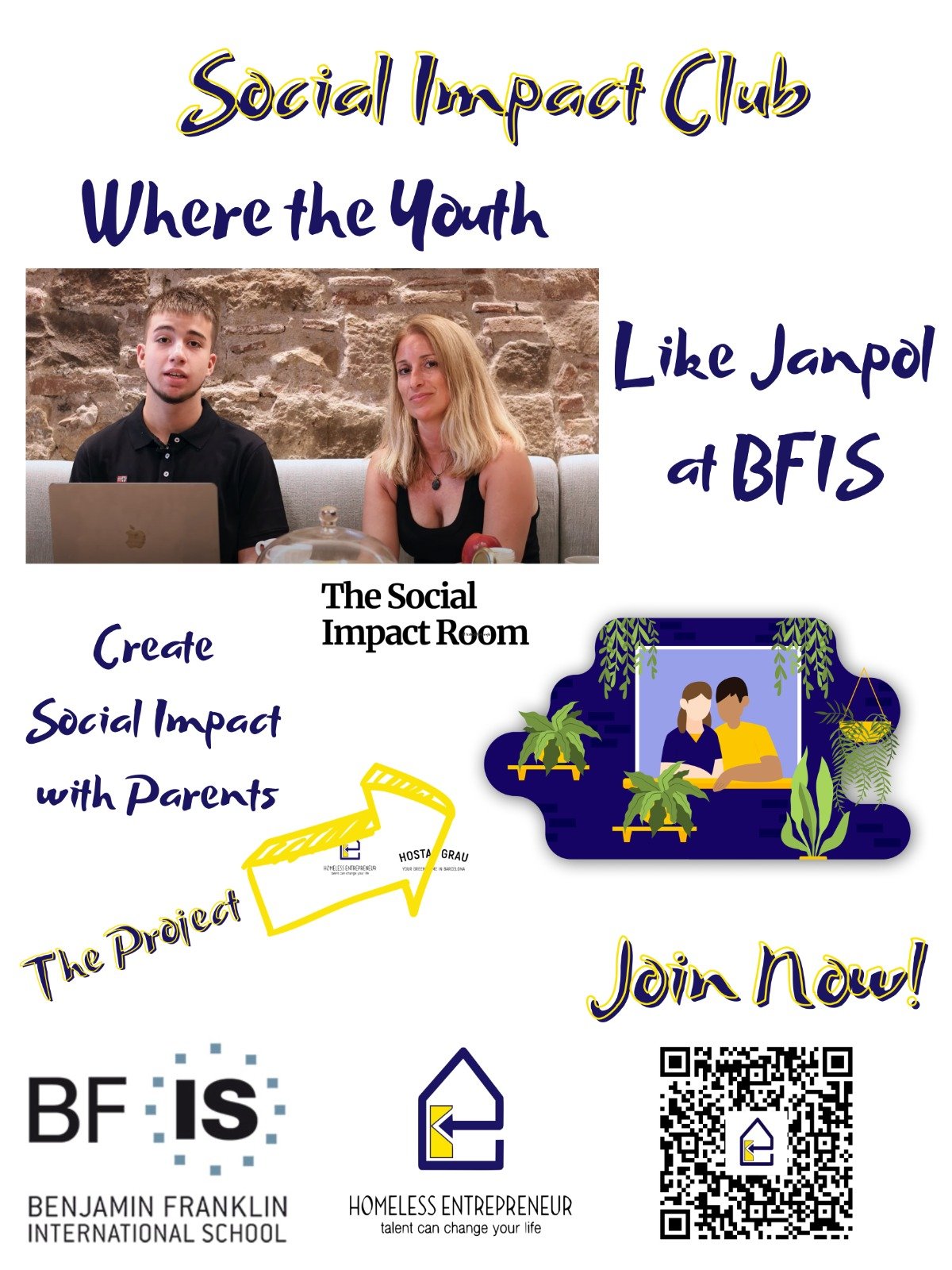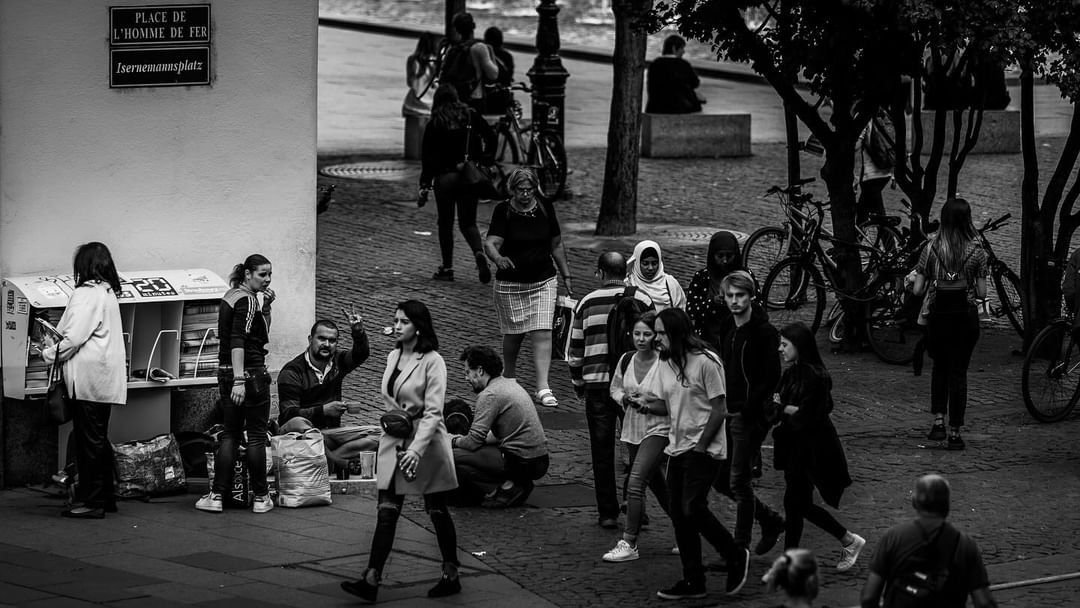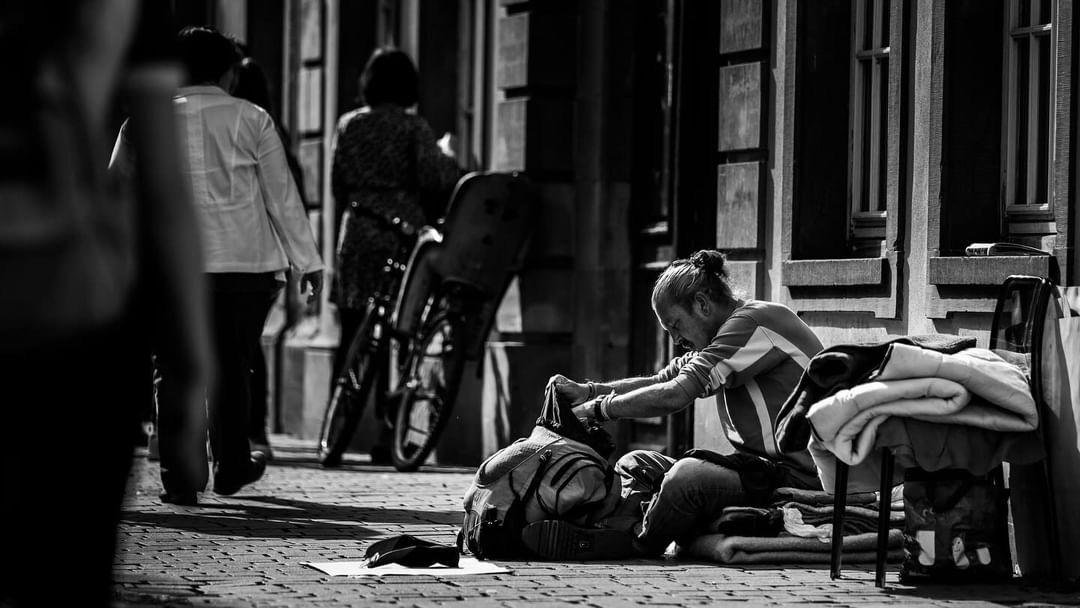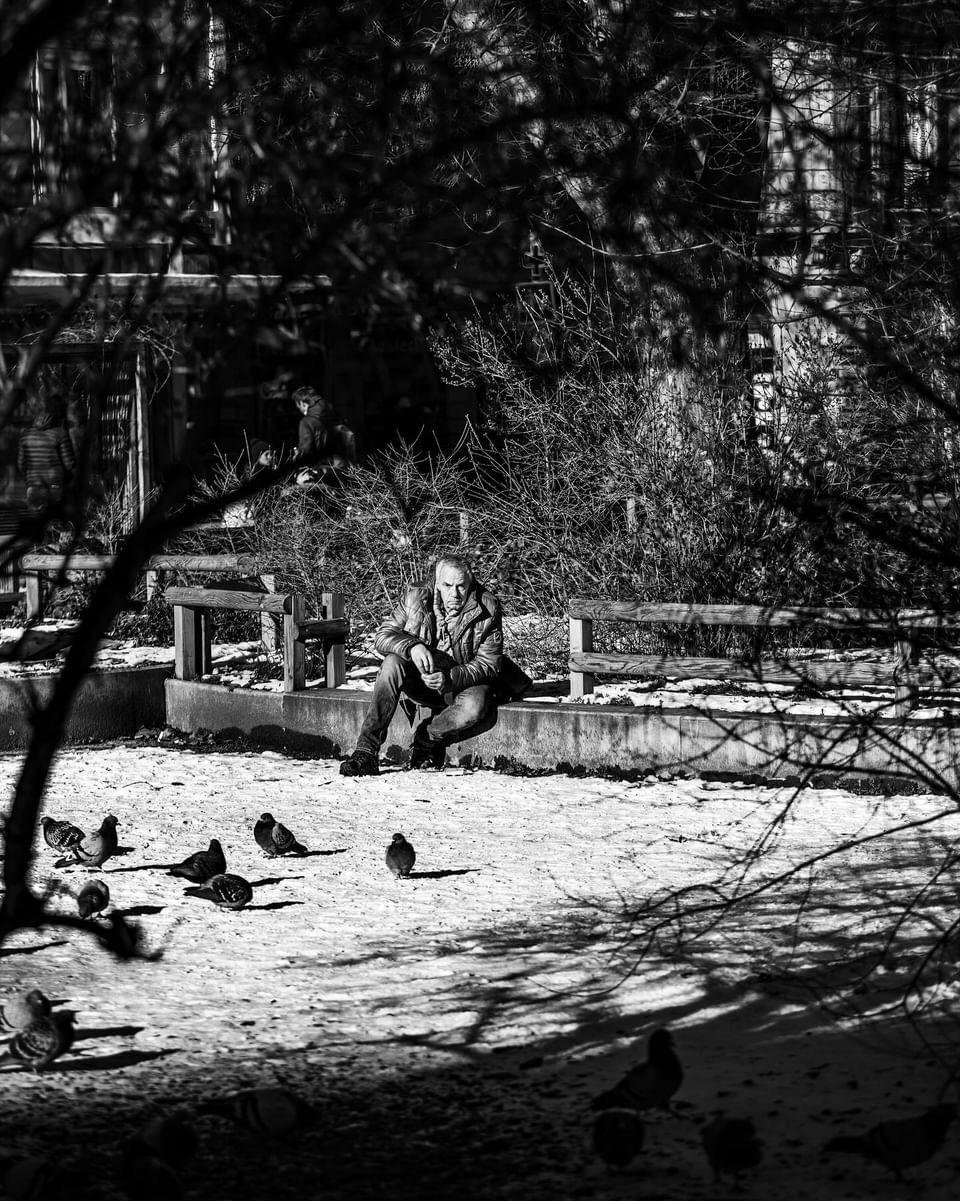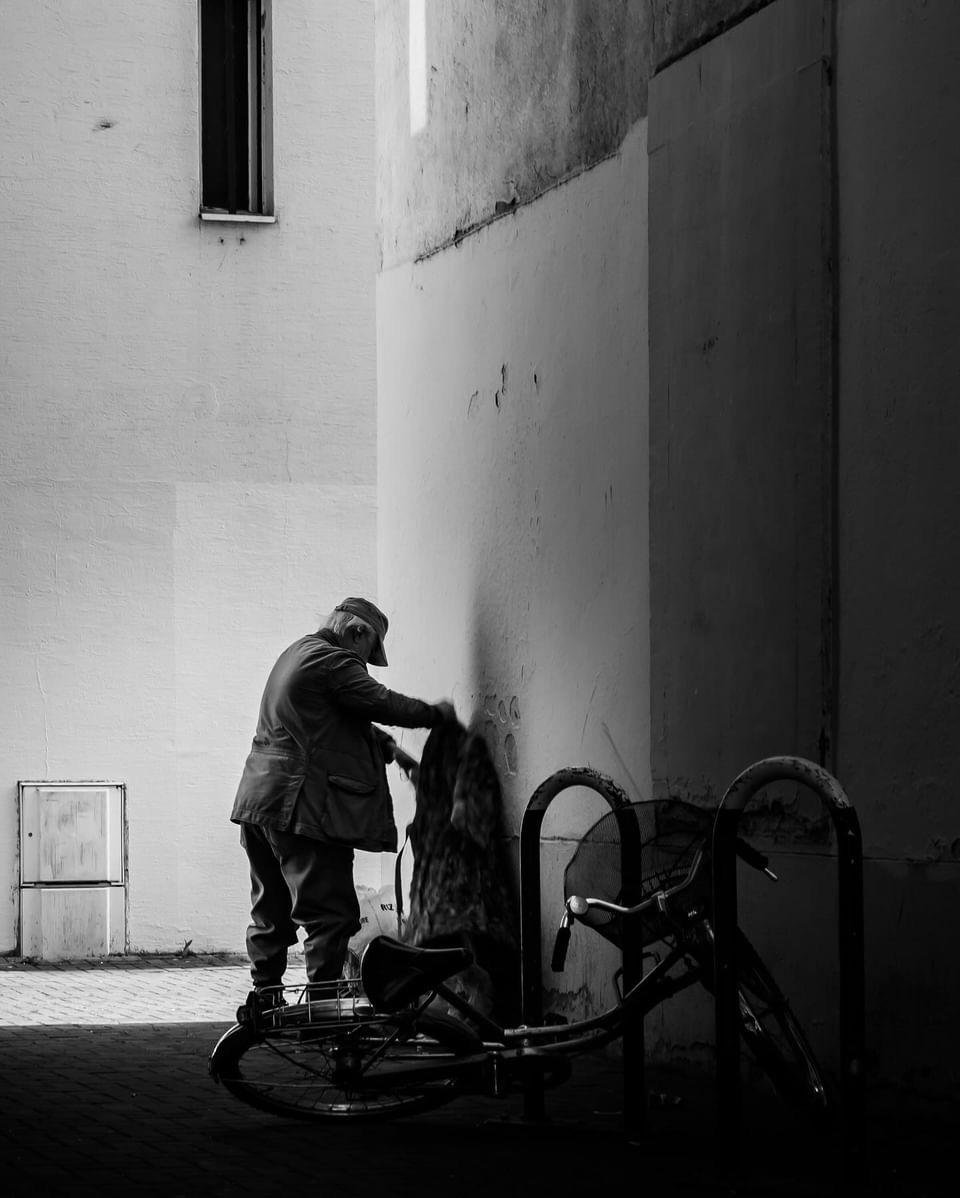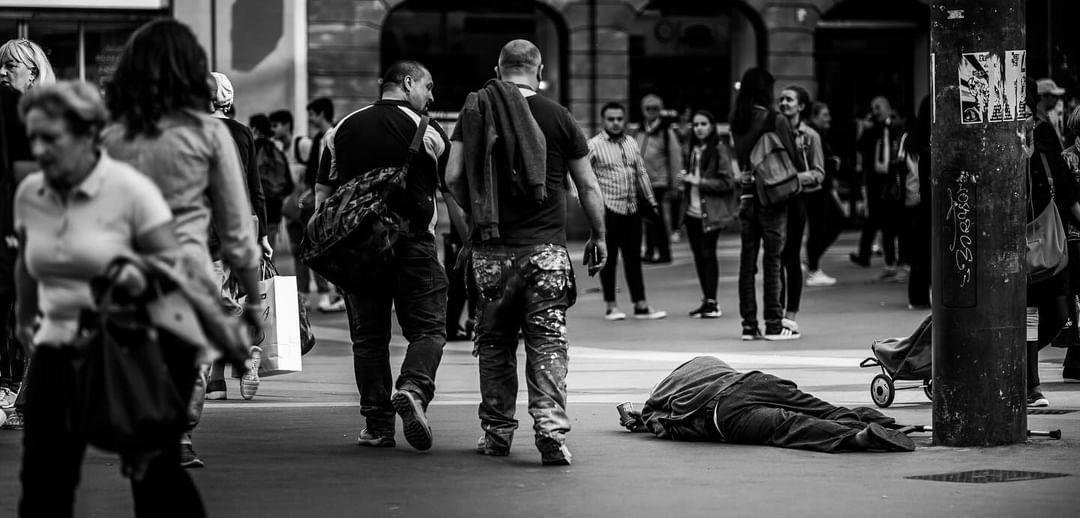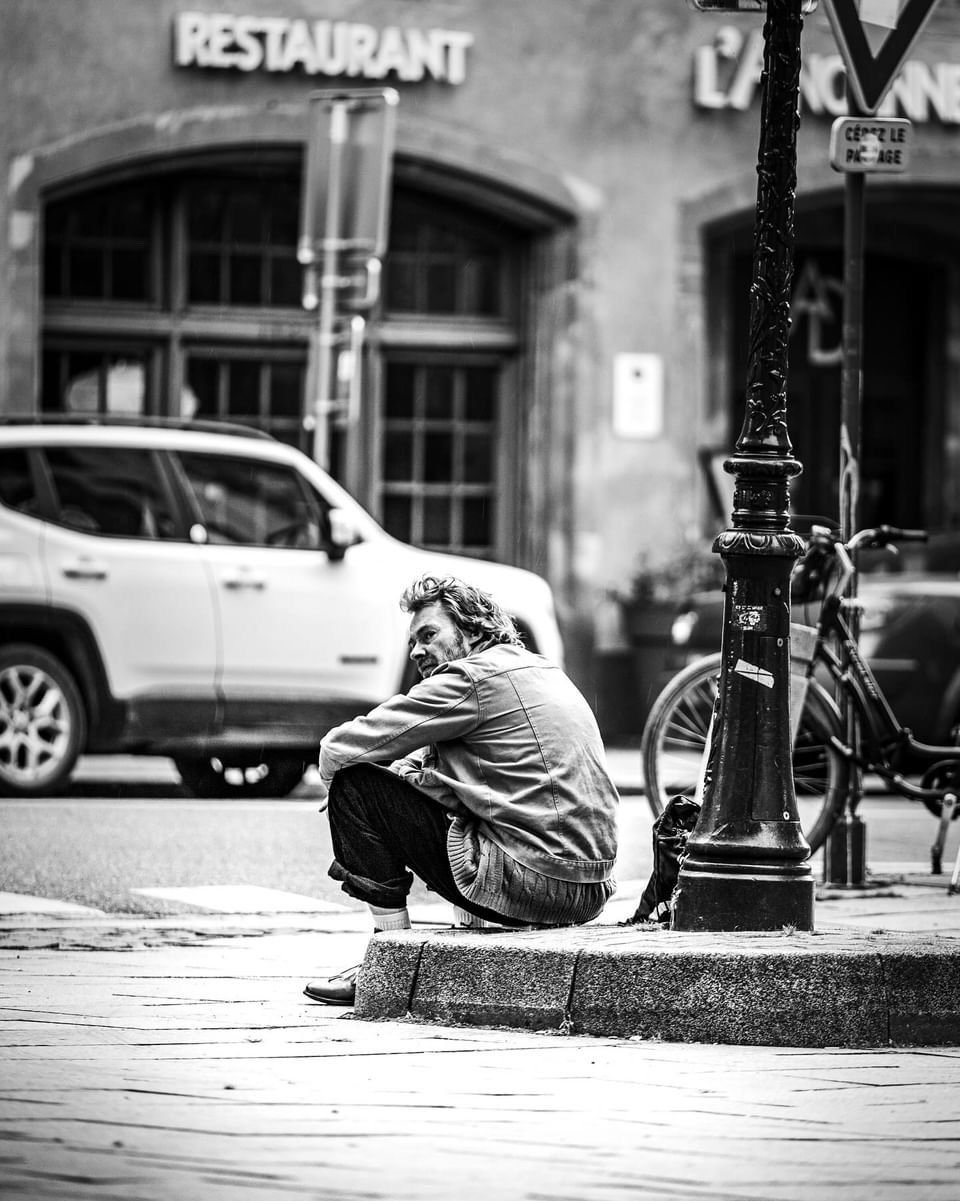Written by Drexel Osborne
Homelessness is a global issue affecting millions of people, however, in recent years it has been on the rise in France. Before 2020 there were 143,000 recorded unhoused individuals, but, in 2021, that number ballooned to more than 300,000. While increased costs of living and inflation are two of the usual culprits, the pandemic has also placed additional strain on social services leaving many individuals struggling to find housing.
Photo Credit: BAINVILLE Anatole (Click to follow photographer on Instagram)
Strasbourg is the official seat of the European Parliament, located in northern France near the border with Germany. As the official seat of the European Parliament, Strasbourg’s policy decisions are particularly pertinent. In France, emergency housing is managed and funded at the national level, which encouraged Strasbourg to sue the government for its failure to provide adequate shelter services to those in need.
Although Strasbourg mayor, Jeanne Barseghian, did not provide a timeline for when the suit will be filed, she clearly stated "shelter is a matter for the state, there is a deficiency, I decided that the city of Strasbourg would sue the state for damages due to this failure."
Photo Credit: BAINVILLE Anatole (Click to follow photographer on Instagram)
Covid-19 and Homelessness
In response to the Covid-19 pandemic, France issued one the strictest lockdowns in Europe. Overnight many people who relied on certain social services found themselves without them. The metro, public bathrooms, and restaurants known for distributing leftover food were all shut-down, which left many unhoused individuals without their usual access to basic necessities.
Not only did the pandemic bring a decrease in available resources but it also negatively impacted the mental health of many of the people accessing shelter services.
In July of 2020, the City of Strasbourg signed the Declaration of the Rights of Homeless Persons. This declaration affirms the fundamental rights of unhoused individuals and recognizes their full citizenship regardless of housing status. By signing, Strasbourg has committed itself to implementing new strategies to increase access to housing, public services, social services, emergency services, and sanitary facilities for people experiencing homelessness.
Photo Credits: BAINVILLE Anatole (Click to follow photographer on Instagram)
Rights of Children
Child homelessness is a particularly pressing issue in France and Strasbourg. France was the second nation to sign the UN Convention on the Rights of the Child, which proclaims all children have the right to an adequate standard of living, healthcare, food, and education. However, according to UNICEF’s yearly report, the number of children sleeping on the streets of France has increased by 20% in the last year. In October 2021, the international NGO Human Rights Watch reported a deterioration in living conditions of unhoused migrant children in Northern France.
Children experiencing homelessness experience anxiety, sleep disorders, and language difficulties at higher rates than their peers, and a lack of secure housing can lead to an inability to fully engage in learning.
In response, ordinary citizens and non-profits have begun organizing. Open letters have been written to local authorities asking for more emergency housing. In addition, teachers, parents and members of the community have banded together to raise money to secure housing for students in need.
Homeless Entrepreneur is helping to engage children in the fight against homelessness with the Social Impact Club that supports the Social Impact Room. According to Janpol Grau, The first Social Impact Club, which has members from 12 to 17 years old at Benjamin Franklin International school in Barcelona, will “help youth realize how to create and provide social impact for their city.” After developing their communication and project managing skills members of the club will create their own projects to help alleviate homelessness.
Migrants
A 2017 statute allows French police to carry out immigration status checks within emergency shelters. In Strasbourg, two of these checks have been done at Branly gymnasium. Families without the proper paperwork were taken to The Centre de Préparation au Retour (Return Preparation Centre, or CPAR) to await deportation.
Walter, a migrant from the Cayman Islands and Homeless Entrepreneur, who moved to France in 2013 had a difficult time finding paid work upon moving to France.
“At first, I worked without an employment contract because I did not have papers and the companies did not pay me.” The lack of a consistent salary made it difficult for Walter to pay his rent and he had to ask for social assistance and accommodations from the state.
Homeless Entrepreneur’s Helpline (+34 697 877 089), which allows free phone calls via WhatsApp, helps migrants as well as anyone experiencing homelessness or at risk of doing so by collecting real-time data from and about those at risk of becoming homeless and connects them to available resources, to prevent and reduce homelessness.
Photo Credits: BAINVILLE Anatole (Click to follow photographer on Instagram)
Ensure accuracy & improve the quality of our work!
(Click on one or more of the buttons below to get involved!)
Learn more about our EU Report & Get Involved!
We are raising funds to visit all 12 cities in our EU Report, so we can improve our understanding of the city and how it addresses homelessness as we build partnerships to empower people out of homelessness.



